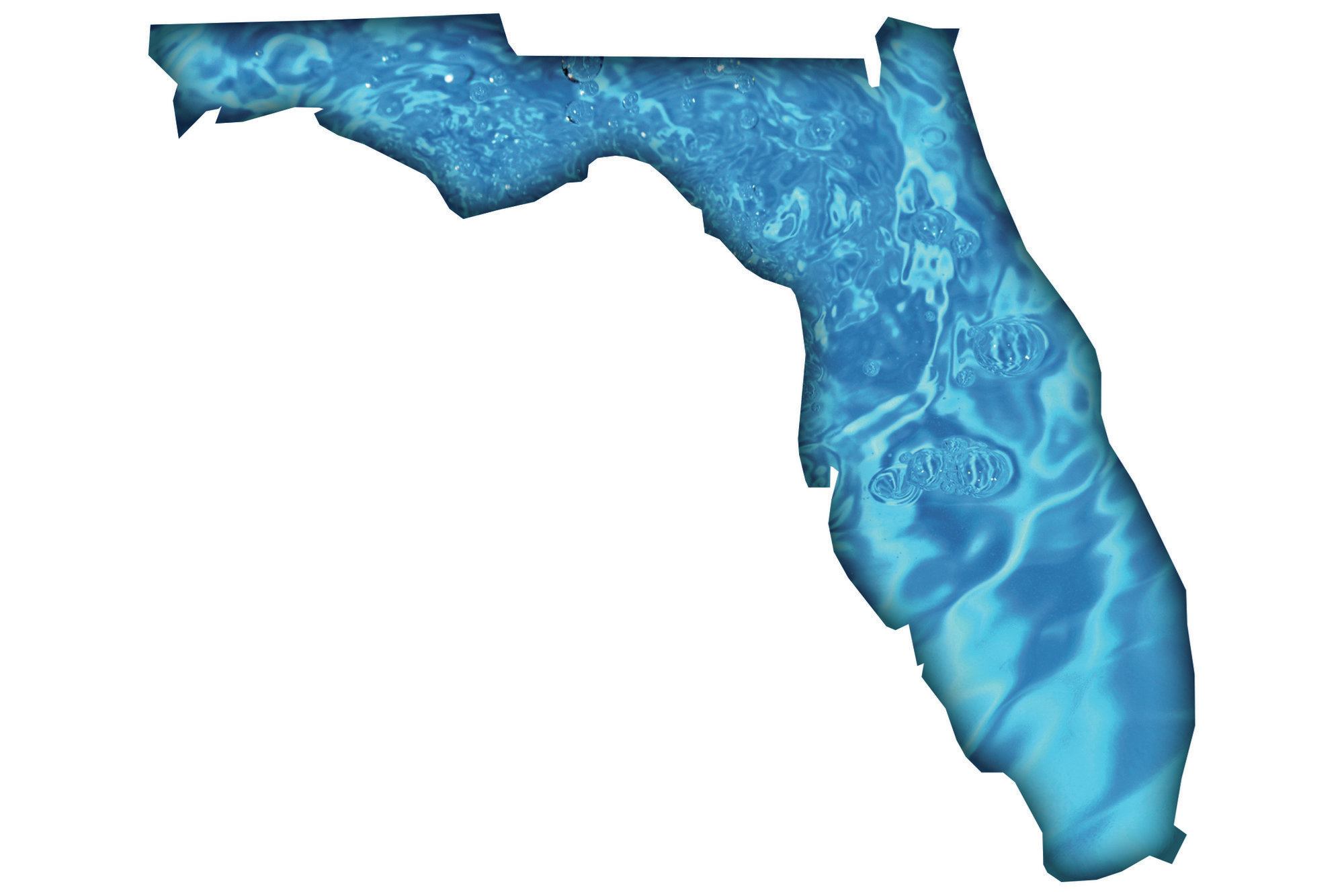With Florida’s legislative session in full swing, lawmakers are currently mulling over a proposed change that could jeopardize the safety of the Sunshine State’s public pools.
That’s why the Florida Swimming Pool Association and the United Pool & Spa Association have joined forces to head off an impending rule that would diminish the authority health inspectors have over public pools.
Health officials work off an extensive checklist of items to examine when conducting their biennial inspections. These include ADA grab bars, filtration equipment, depth markers and suction outlet covers, among many other things. However, this list could be reduced to a few simple checkpoints if revisions to the state Health Department’s Public Pool Rule 64E-9 go into effect. The proposed changes would take all building and construction items, such as those mentioned above, out from under the Health Department’s purview.
That would leave health officials with the ability to enforce water quality issues and little else. That means if an inspector encountered a problem with a construction-related item, such as a noncompliant drain cover, he or she would have no authority to cite the facility.
“Essentially, when inspectors go out, they [wouldn’t] have any teeth to close a pool or compel an owner to do something that would be in the best interest of the bather’s safety, as well as just general health conditions,” said John “J.C.” Centera, UPSA’s newly elected president.
The problem stems from a 2012 law that removed duplicative functions between the Florida Building Commission and the Health Department. It gave the building commission full oversight of construction items. But the law did not account for the fact that the commission does not perform routine inspections.
That creates what Jennifer Hatfield, FSPA’s government relations consultant, calls a “gaping hole” in the safety of the state’s 37,000 public swimming pools.
“Simply put, the authority over maintenance does not exist within the FBC, and if it is removed from the [Health] Department’s authority as well, there will be no oversight,” FSPA wrote in a letter to Gov. Rick Scott.
It’s been three years since the law was passed and the Health Department has yet to finalize proposed changes to its public pool rule. In addition to deferring all construction items to the Building Department, other changes include removing chemical storage requirements and maintenance of sanitation facilities off inspectors’ checklists.
Industry associations have asked for a public hearing with the department to discuss the changes, but the request was denied. That’s why UPSA and FSPA, along with the Building Officials Association of Florida — collectively known as the Swimming Pool Industry Coalition — are calling for the Health Department to stand down so industry lobbyists have more time to issue a legislative fix.
“We’re going to get together in February and make our case again on why we just need to slow this rule down and give us a chance to pass this legislatively,” said UPSA lobbyist Bruce Kershner. “We feel pretty confident that we can get this done.”



